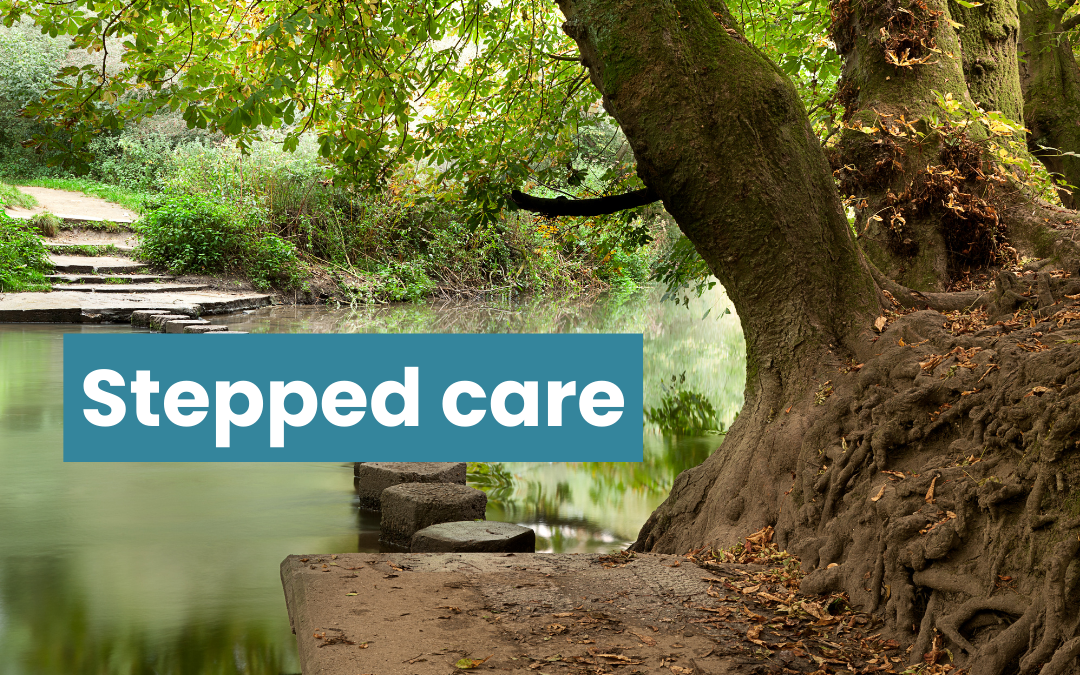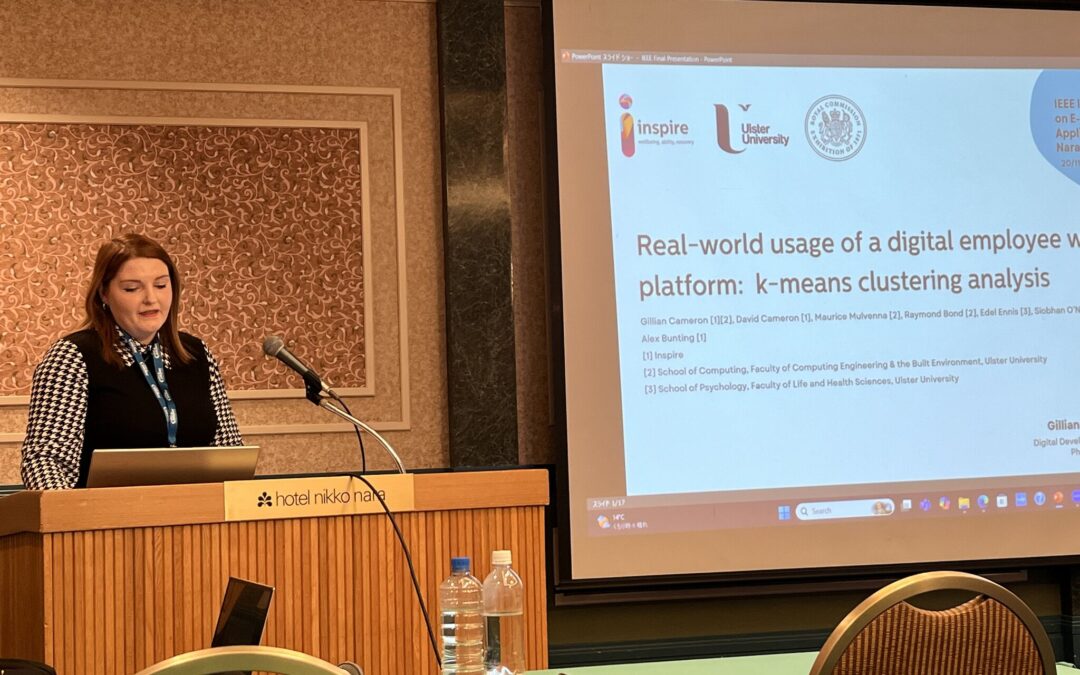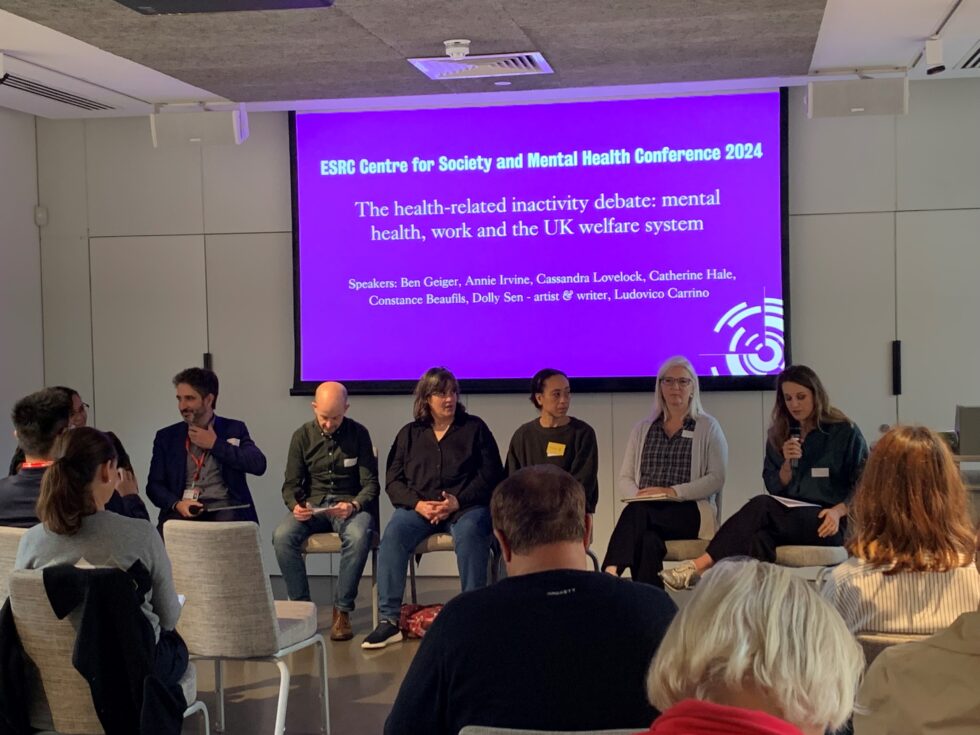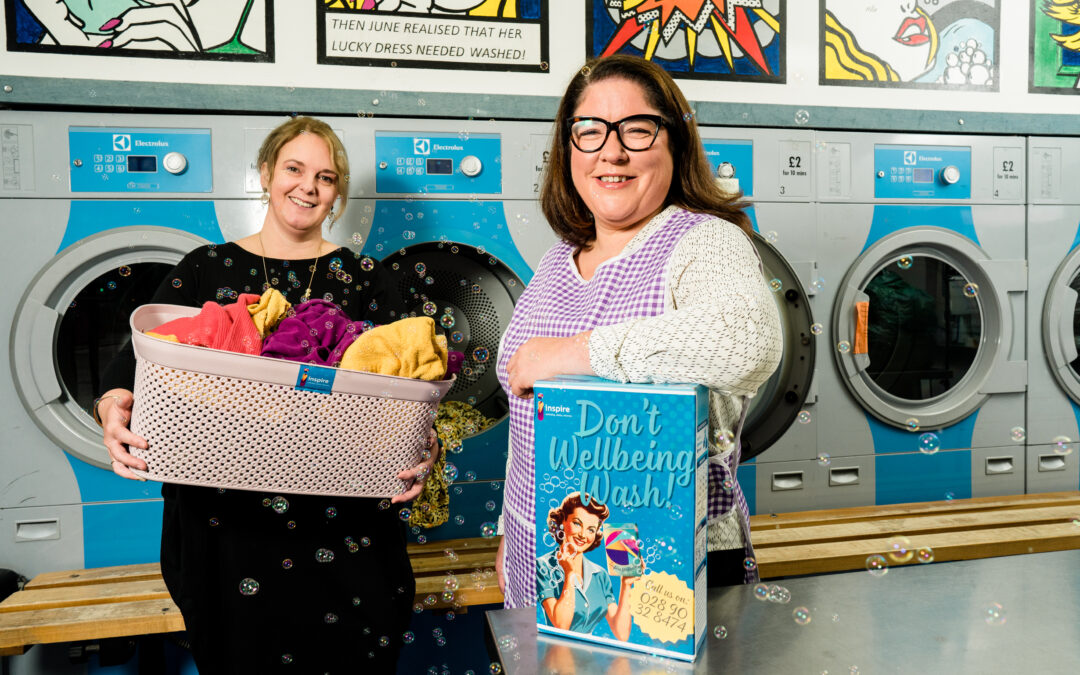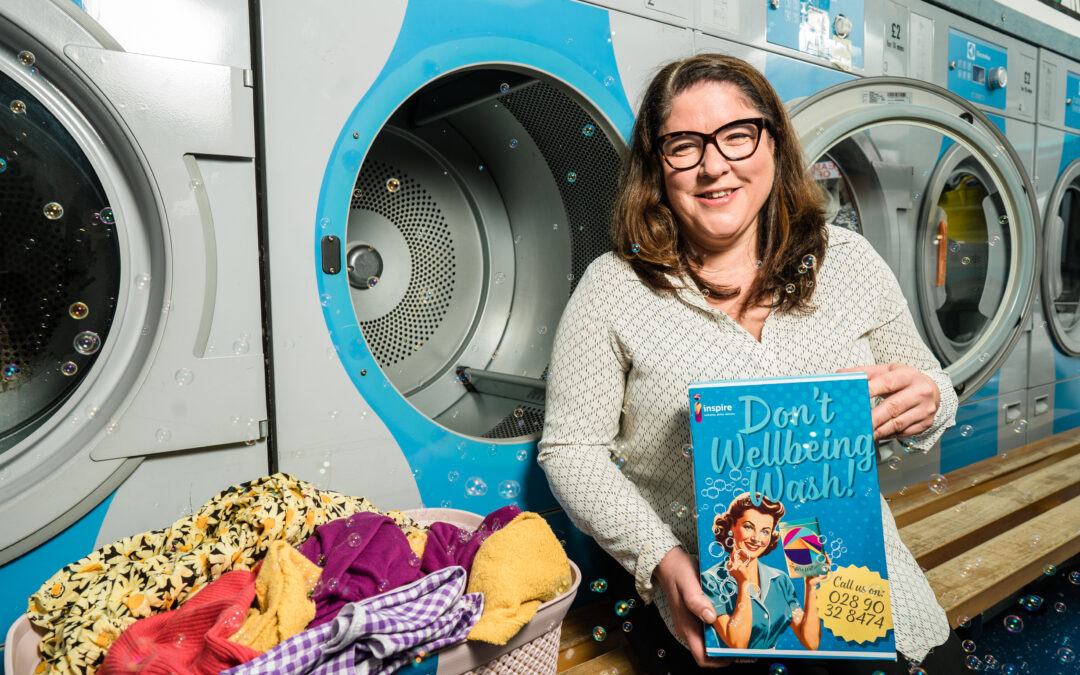A new survey from Carers NI has revealed the extent to which unpaid carers are experiencing significant levels of mental ill health.
The State of Caring 2023 report points out that unpaid caring is a ‘major driver’ of mental illness, with a quarter of respondents describing their mental health as bad or very bad. These levels were even worse among people undertaking long-term and intense caring roles.
As far as respondents’ symptoms are concerned, the study identifies significant rates of anxiety and stress (84%), low mood (84%), irritability and mood swings (80%), the inability to switch off from worrying about caring (80%), hopelessness (72%) and depression (49%).
‘The pressure facing carers,’ it says, ‘is leaving some considering extreme courses of action, with 24% of carers saying they have had thoughts related to suicide or self-harm. One carer indicated this was a regular feature of their life, stating that “suicidal thoughts are never too far away.”’
When someone experiences any of the symptoms listed above, the natural response is to find ways of addressing such challenges. However, according to the research, carers face major obstacles in prioritising their own wellbeing. Just over three quarters said that they had continued to provide care, even as they felt like they had reached a breaking point. The main barrier to seeking help, for 53% of those polled, was the job itself, namely caring for another person.
The survey also underlined the overlap between loneliness and poor mental health outcomes, as well as the routinely divergent experiences of individuals who do and do not feel isolated: ‘Carers who said they feel lonely always, often or sometimes were over three times more likely to describe their mental health as bad or very bad than those who never or hardly ever feel lonely. They… reported much higher levels of depression, stress, anxiety, and more.’
Worryingly, an overwhelming majority (70%) of carers either haven’t received any mental health support or are relying on informal networks. Indeed, nearly one in five had never asked for assistance because they were unaware of what was out there or where to find it.
Given that mental health provision across Ireland relies on thousands of unpaid – and often unseen – carers, Inspire continues to campaign on their behalf. We have long called for appropriate recognition for carers, many of whom who look after loved ones living with mental illness and intellectual disabilities, along with new rights that protect and promote their interests.
For anyone concerned about the subjects highlighted above, the Inspire Support Hub is a great resource. If offers the right support at the right time and features brilliant information around stress, depression, loneliness and isolation, and anxiety, as well as guidance on building resilient workforces. In addition, people can self-refer through the Hub, over the phone or by email.
If you would like to find out more about the Inspire Support Hub, as well as the other services offered by Inspire, please feel free to contact enquiries@inspirewellbeing.org
More from our blog
Menopause and work
The menopause is a natural biological process. It occurs when your ovaries age and naturally produce lower levels of reproductive hormones. The menopause may have a significant impact on home life and work performance. This can be unsettling, particularly if a particular role carries lots of responsibility. The hormonal changes…
Understanding Stepped Care and its role in workplace wellbeing
The stepped care model is a fundamental part of Inspire's workplace offering. So, what is it and why is it so important?
Winter wellbeing 2024
The festive season is here and we’re keen to highlight some wellbeing tips for now and the New Year. Head into 2025 in the best possible frame of mind. Switch off Technology allows us to be constantly connected to colleagues, family and friends. That is often a good thing but…
Reflections on IEEE eHealthCom 2024: Insights, Innovation, and Inspiration in Nara, Japan
Inspire’s Digital Development Lead, Gillian Cameron, reflects on her recent trip to Nara, Japan for the IEEE eHealthCom conference. Last week, I had the privilege of attending and presenting at the IEEE eHealthCom 2024 conference in Nara, Japan. This annual event brings together researchers, industry leaders, and policymakers to discuss…
Mental Health on the Agenda at King’s College London
Inspire’s Policy & Campaigns Office, Matthew Coyle, reflects on his recent trip to King’s College London and the knowledge gained at the ESRC Centre for Society and Mental Health’s annual conference. I had the privilege earlier this month of attending the ESRC Centre for Society and Mental Health’s third annual conference in…
Healthy Organisations Commit to Person-Centred Wellbeing
Employment takes up a good deal of our time. According to the Office of National Statistics, the average UK worker spends over 36 hours in work every week; in Ireland, that figure is 38.5. On World Mental Health Day, understand the effect that wellbeing washing can have on workers and…
On World Mental Health Day, Here’s How to Avoid Wellbeing Washing
As we count down to World Mental Health Day on 10th October, Inspire’s focus is very much on our ‘Don’t Wellbeing Wash’ campaign. Wellbeing washing is similar to green washing, its arguably more infamous cousin. It describes a company or organisational ethos that focus more on the illusion of staff…
World Mental Health Day: Don’t Wellbeing Wash
World Mental Health Day (WMHD), which takes place every year on 10th October, offers us all an opportunity to gather and talk about mental health, demonstrating to everyone that this is a subject worthy of open, honest discussion and explanation. In 2024, Inspire is marking WMHD by highlighting the important issue…
Government Action on Work-Life Balance a Positive Sign
The UK Government has announced plans to introduce new codes of practice for businesses, which are aimed at tackling burnout and codifying a right to switch off. This follows on from Labour’s campaign pledge to empower workers, providing them with the freedom to disconnect from their jobs outside regular hours and…
Line Managers are Key to Workplace Wellbeing
According to new research published by Queen’s University Belfast and the University of Nottingham, strong links exist between positive business performance and mental health training for line managers. Furthermore, the analysis of workforce practices suggests that recognising this, and acting on it, could save organisations millions every year. The study…
Workplace Conflicts Require Proactive Approach
Discord between colleagues is not unusual. The average workplace brings together individuals from different walks of life, people with distinct characteristics, objectives, points of view and ways of doing things. Quarrels are bound to develop from time to time. They can, however, have a significant impact on an organisation’s productivity,…
CIPD Conference Stresses Authentic, Empathetic Leadership
Inspire\'s Noelle Higgins, Business Development Manager – Therapeutic Services reflects on the recent CIPD conference and research. My colleague Jonathan Cody and I recently took the opportunity to head to the CIPD conference at the RDS, enjoying a day away from our e-mails and catching up with a range of…



